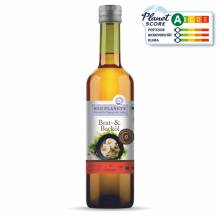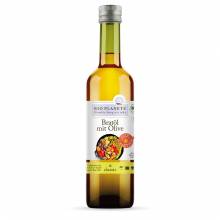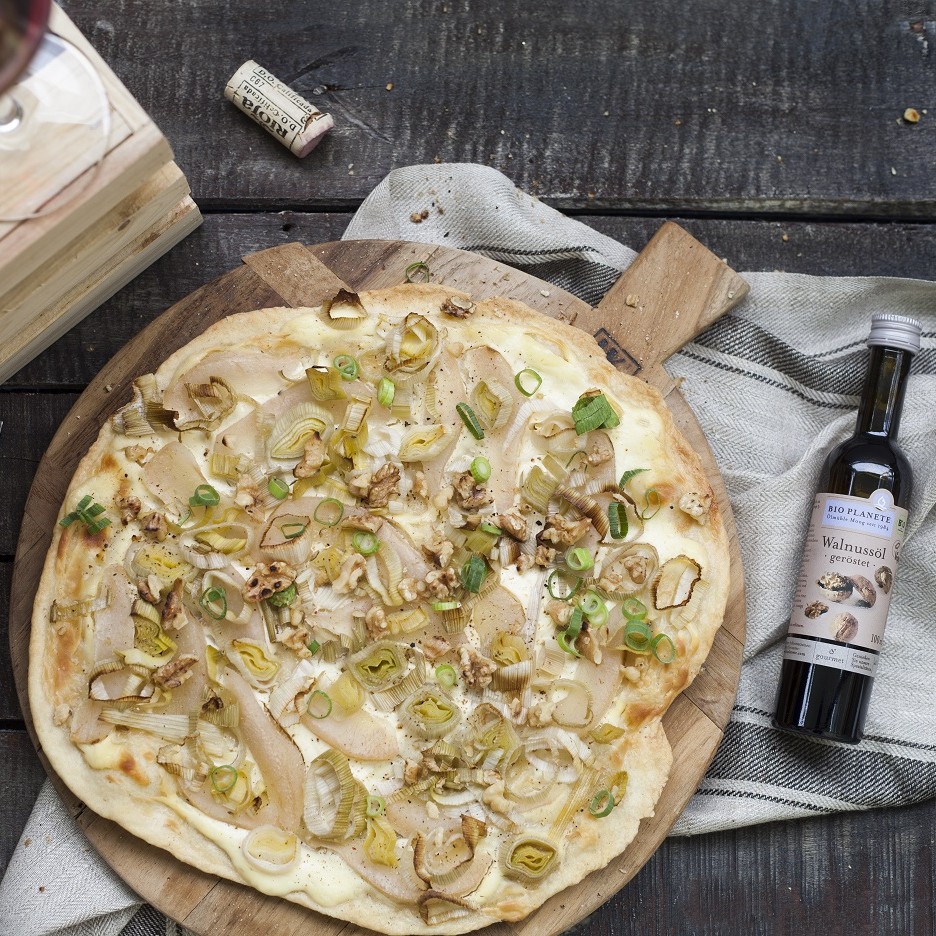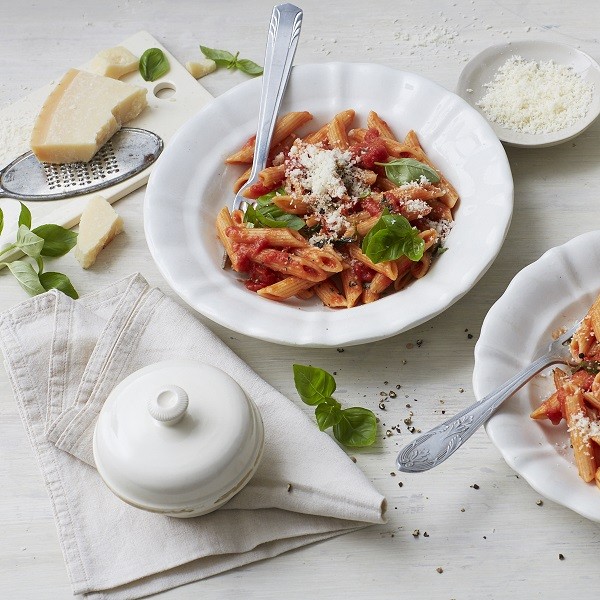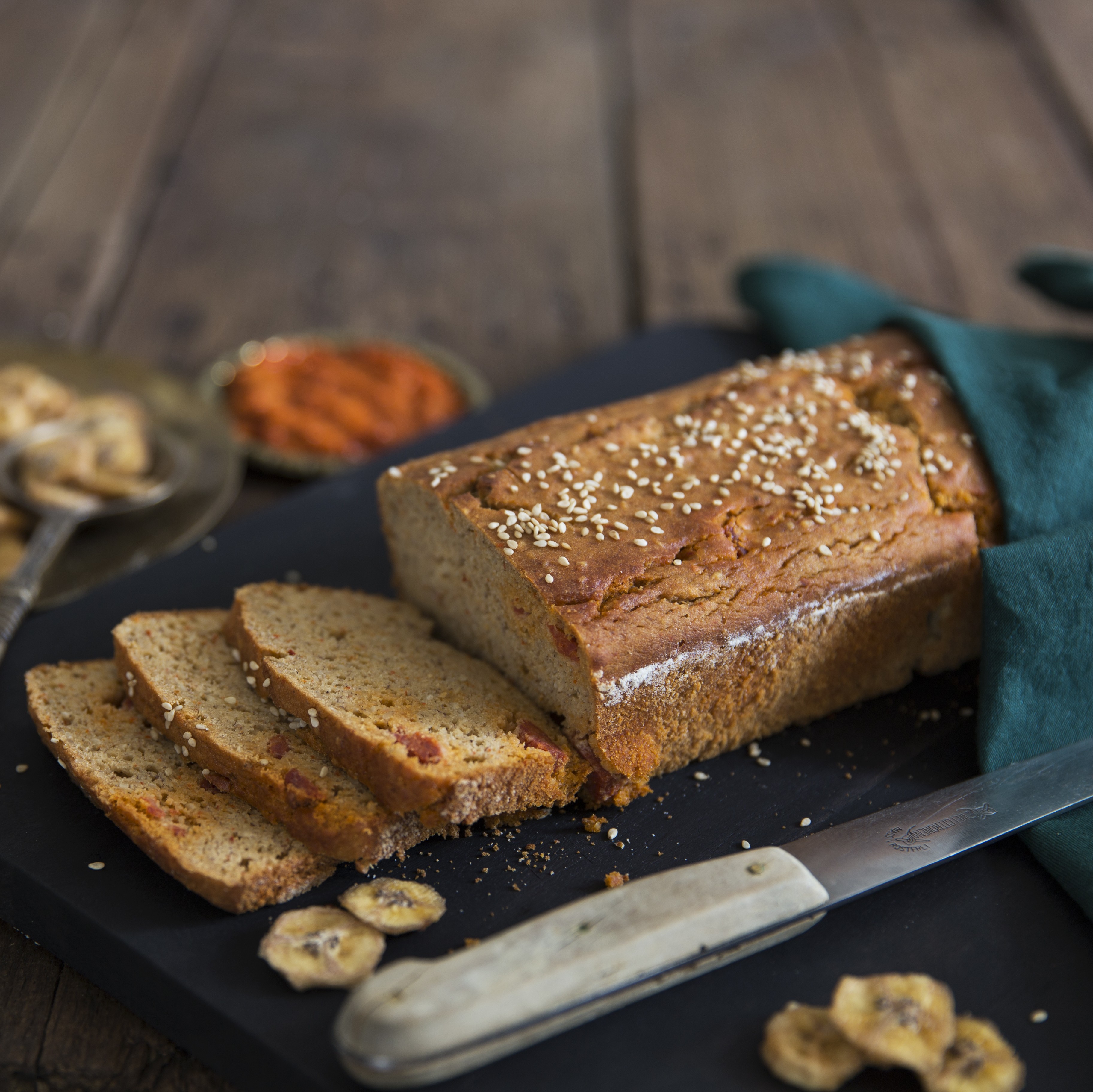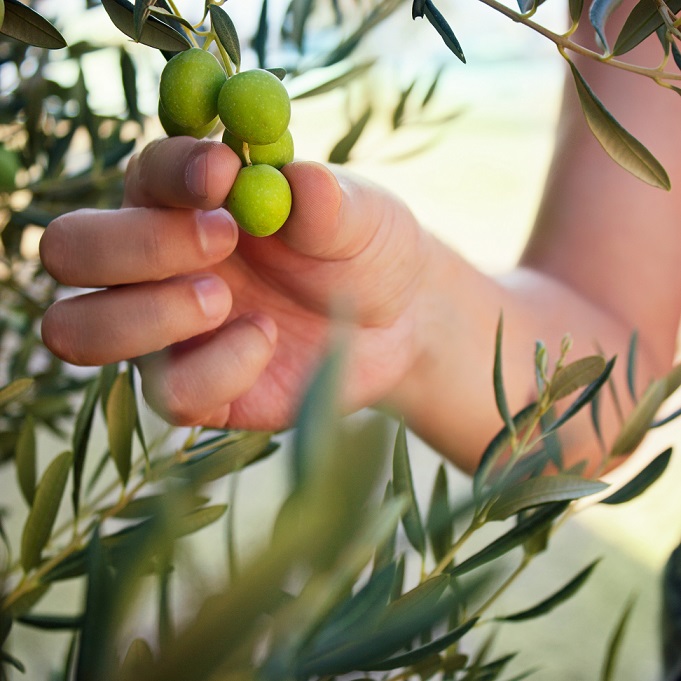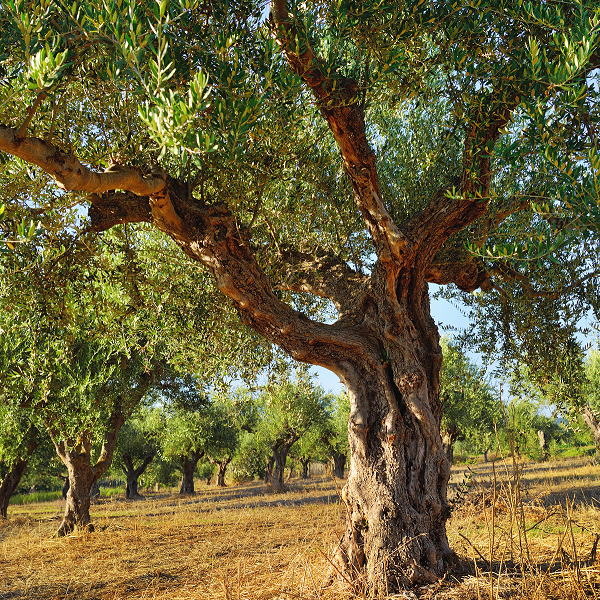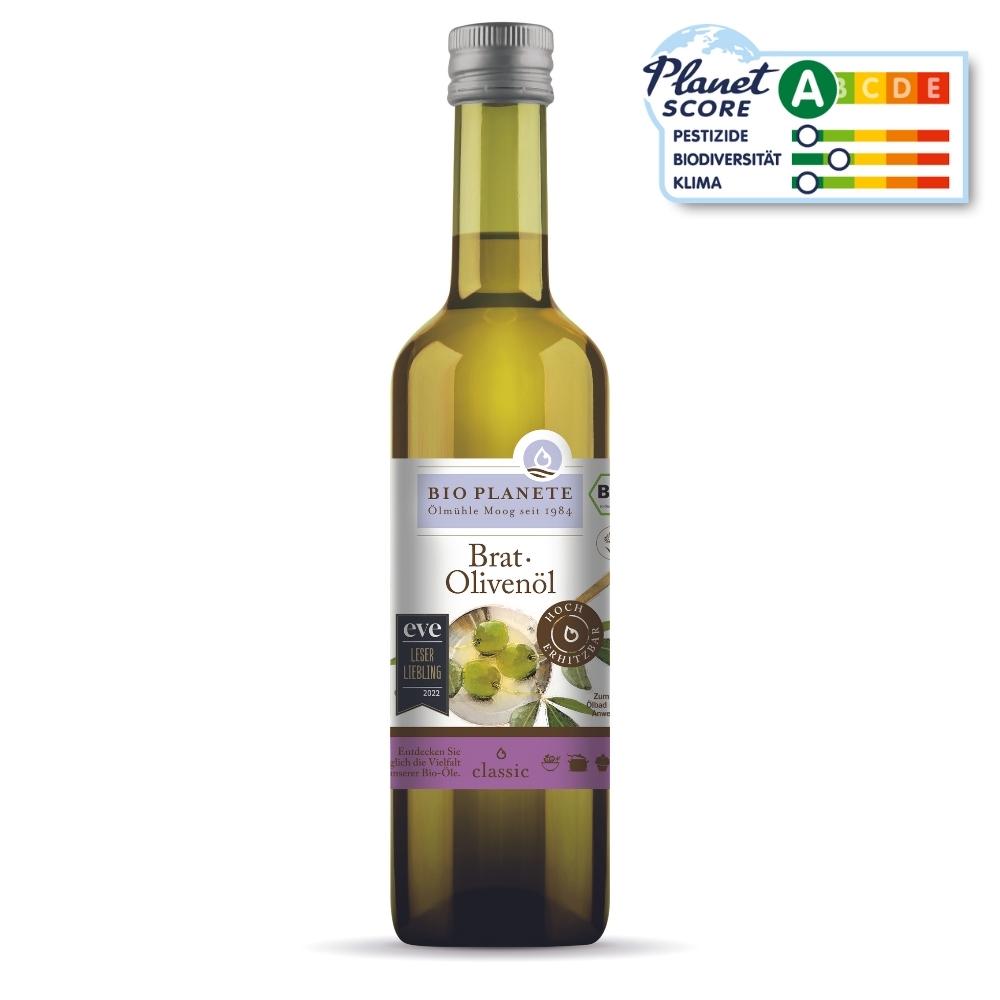
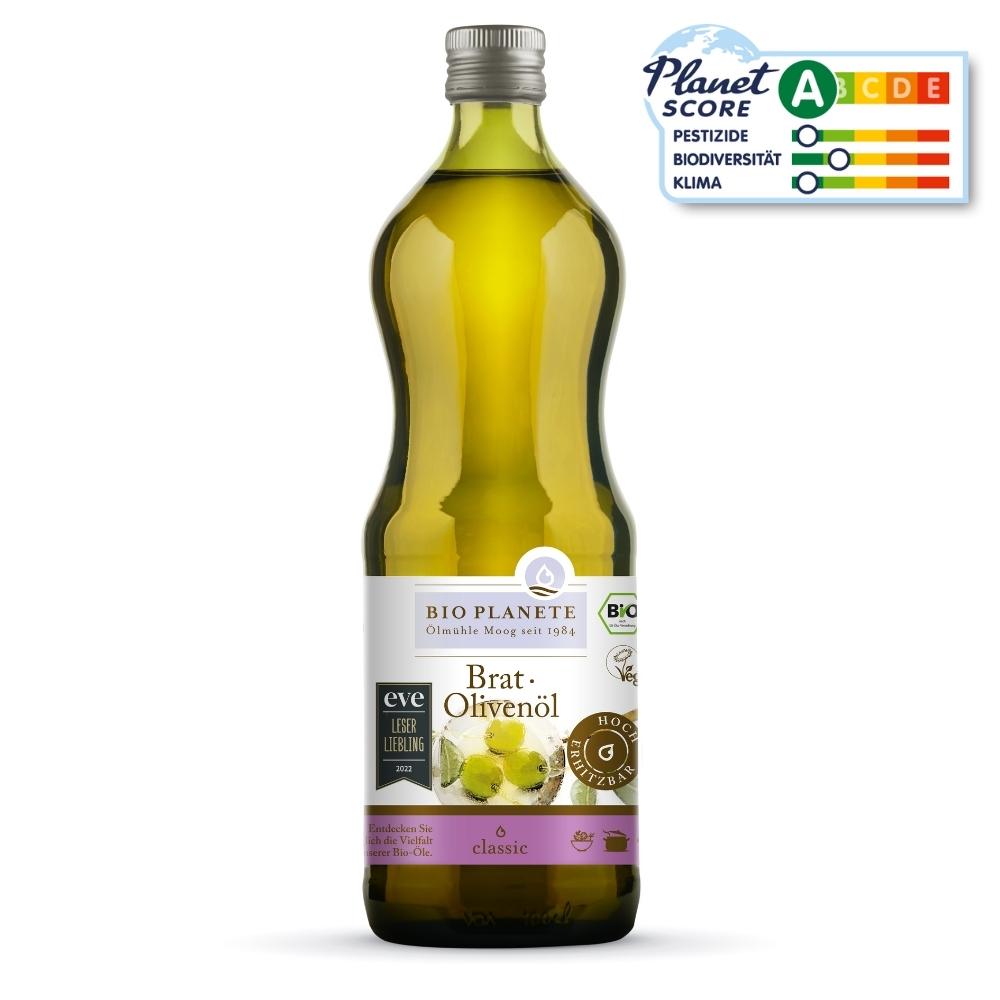
Cooking & Frying Olive Oil
· Mixture ·
500 ml
1 L
This Cooking & Frying Olive Oil is a delicious alternative to conventional frying fats. It contains Extra Virgin Olive Oil as well as Deodorized Olive Oil. The gentle steam treatment increases the oil’s heat resistance. Thus, the mixture possesses a very high smoke point of 210 °C/ 410 °F, and at the same time lends a tender, pleasantly fruity olive note to your dishes.
This oil is one of the first food products in Germany and France which has been rated with the Planet Score. For this eco-labelling, additional indicators are used alongside the life cycle assessment to better capture the environmental impact of food production. Read more about the Planet Score.
Recipe ideas and use of Cooking & Frying Olive Oil
Its remarkable heat resistance makes BIO PLANÈTE Cooking & Frying Olive Oil is ideal for searing, baking, and frying – our special recommendation when it comes to high temperatures. It is a tasty companion to be frequently used for warm culinary creations.
When harvesting our olives, we can rule out the possibility of birds being killed by high-end automated harvesting equipment. We are in constant close contact with our farmers, who only harvest olives during the day using gentle vibration machines or by hand. Learn more about olive harvesting techniques here.
Also discover our Cooking & Frying Oil and the Cooking & Frying Oil with Ghee.
* Product of organic farming
** For this product, the raw materials may in some cases originate from other countries. This especially holds true in cases of crop shortfall, or when batches of raw goods do not meet our quality requirements. In any event, the raw material are being tested by BIO PLANÈTE and are in 100% compliance with our strict organic quality requirements. The respective origin is always noted on the product label.
Average nutritional analysis for 100 ml
** % of daily reference intake (adults)
-
How long can I keep Olive Oil?
In contrast to wine, Olive Oil does not get better with age. Its essential components, such as mono-unsaturated fatty acids, vitamin E and polyphenols are broken down when stored for a long time. This also creates substances which negatively impact on taste. That's why you should use Olive Oil within a year or at most two years of it being harvested. The use-by dates give you a safe guidance value of good quality and taste.
-
How are olives harvested? Do birds die during olive harvest?
No. Our olives are harvested by hand using gentle rocking techniques. The olives fall on a collecting screen which the farm labourers can remove. We maintain continuous close contact with our farmers and can definitively confirm that, in the absence of highly automated harvesters, no songbirds are killed. Our farmers grow their olives in traditional regions using old, large olive trees on rocky ground which make it impossible to use such harvesters.
-
How should I store Olive Oil?
Olive Oil should always be protected from light irradiation. That's why we always fill our BIO PLANÈTE Olive Oils in high-quality light-protection bottles which shield the oil from light and oxygen. Olive Oil can be stored in the fridge, but this is not a requirement. It also lasts for many months at room temperatures.
-
Can I still use flaky Olive Oil?
Olive Oil can become flaky at temperatures below +7°C. This is normal and does not influence its quality or taste. If you increase ambient temperature again, the oil will liquefy again within only a few hours.
-
Can I use the oil even after the expiration date?
We can no longer guarantee the oil's perfect quality after its best before date.
In the interest of sustainability, however, we would like to point out the following: vegetable oils do not belong to the group of very sensitive foodstuffs and can usually still be consumed after the best-before date. This is especially true if the bottle is still sealed and it has been stored away from heat sources. Therefore, we recommend using your senses to test the oil before disposing of it. Oil that has been stored for too long can be easily recognized by smell and taste. If it tastes rancid or unusual (off), it should not be consumed. -
How do I remove the labels from the jars and bottles?
Since we use oil-soluble glue for the labels, the best way to remove the label from the coconut jars is with oil. Simply coat the label with oil, let it absorb overnight and peel off easily in the morning. However, if the label is already off and only the glue is on it, this method doesn't work as well. In this context, we have been told of positive experiences with orange oil cleaner, such as from AlmaWin or Sodasan. Another option is a hair dryer - because heat also loosens the label well.
Get more suggestions at Upcycling & Creative.
